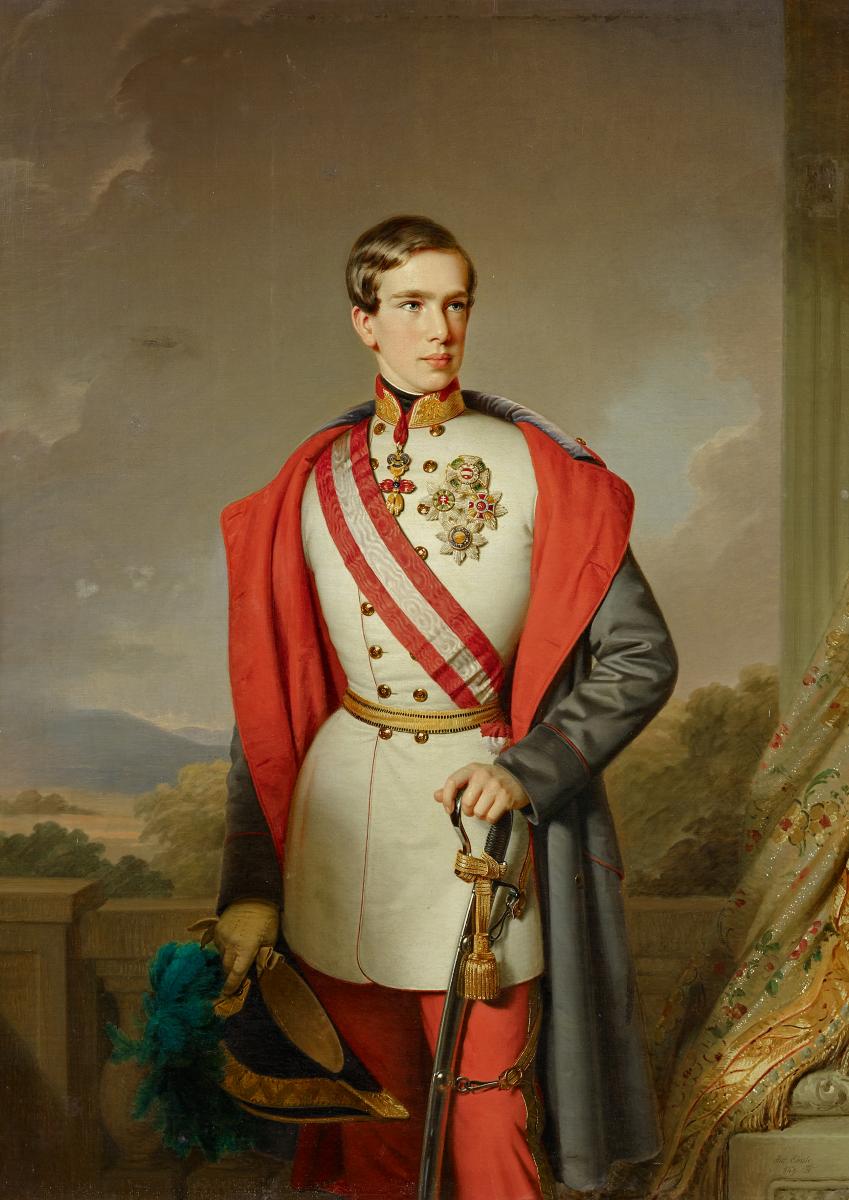

Soon after the area was uplifted, it began to erode. During the Jurassic Period about 206 to 144 million years ago, the islands experienced uplift, and may have been a single landmass. Geologic processes of uplift and erosion have shaped Franz Josef Land since the time of the dinosaurs. Although some studies have dated the rocks to the Mesozoic Era (the Age of Reptiles), fossils in coal deposits from the eastern reaches of Franz Josef Land suggest that the rocks might be even older. The archipelago is comprised of marine deposits built into low-lying islands.

Vegetation includes lichens, mosses, and Arctic flowering plants. The average summertime temperature is just 35 degrees Fahrenheit (2 degrees Celsius), and the average wintertime temperature is -8 degrees Fahrenheit (-22 degrees Celsius). Situated about 1,000 kilometers (625 miles) from the North Pole, Franz Josef Land has a punishing climate. In ice-free areas, land cover is pale brown, typical of tundra. The glaciers that cap many of the islands are bright white. Around the islands, sea ice forms serpentine shapes of light gray and dull white.

On August 17, 2011, clear skies allowed the Moderate Resolution Imaging Spectroradiometer (MODIS) on NASA’s Terra satellite this unobstructed view.Ĭlouds fringe this natural-color scene, like curtains held back from a window. For more information on usage, please refer to our Terms of Use.Russia’s northernmost territory, Franz Josef Land, is an archipelago of 191 islands in the northeastern Barents Sea. But the ageing emperor followed the advice of his ministers and his generals, to whom he left the running of the war.įranz Joseph became ill in 1916 and died late in the year, the throne passing to Charles I.Īuthors: Jennifer Llewellyn, Steve ThompsonĬopyright: The content on this page may not be republished without our express permission. Despite this, he was outraged by Ferdinand’s assassination.Įvidence suggests that while Franz Joseph supported military action against Serbia, he was hesitant about committing his army to war with Russia. The emperor had a troubled relationship with his nephew and heir, Archduke Franz Ferdinand, who he considered too flighty and progressive to follow as emperor. The old emperor was undoubtedly a 19th century militarist: he viewed the empire’s army with pride and showed more interest in it than in any other aspect of government. As a consequence, he enjoyed the respect of the people, who considered him intelligent, fair and steady.įranz Joseph’s contribution to the outbreak of World War I has been a source of some contention. Though his empire was often divided and his politicians corrupt or incompetent, Franz Joseph was a constitutional monarch who maintained some distance between himself and his ministers. He spent the first decade of his reign consolidating the dual monarchy and dealing with its turbulent jigsaw of nationalist and sectarian interests. He received a military education and entered the army, acquiring the rank of colonel while still in his teens.įranz Joseph became emperor shortly after his 18th birthday, following the abdication of both his uncle and his father. Franz Joseph (1830-1916) was the ruler of the Austro-Hungarian Empire from 1848 until his death in November 1916.īorn in Vienna, he was a scion of the Habsburg dynasty and the nephew of the reigning emperor, Ferdinand I.


 0 kommentar(er)
0 kommentar(er)
